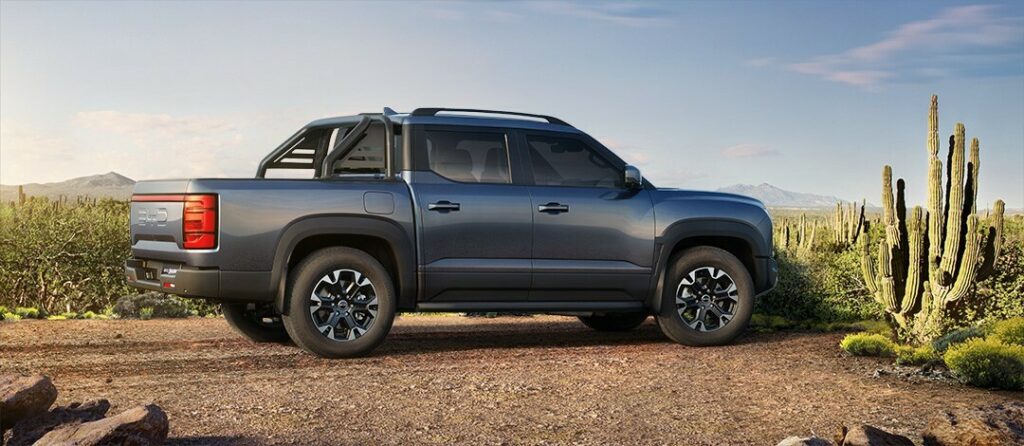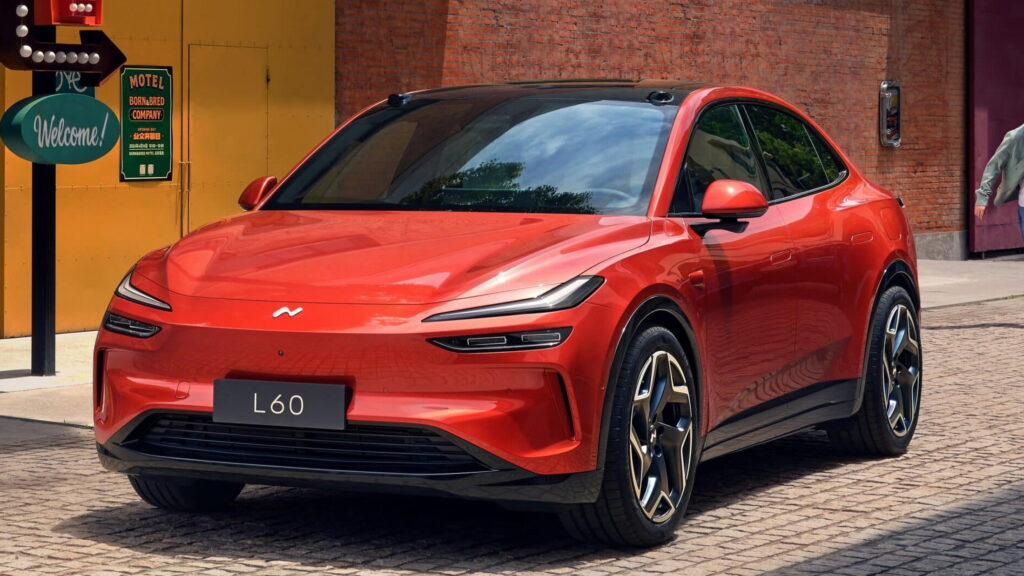- Canada launches a consultation period to consider tariffs on Chinese EVs, following the US and EU.
- While currently only the Tesla Model Ywould be affected, tariffs could impact future Chinese EVs.
- Public consultation will determine tariff details and explore cyber/data security measures.
Canada will launch a month-long public consultation period to explore tariffs on electric vehicles manufactured in China, following in the footsteps of the U.S. and the European Union.
Unlike Europe, where a flood of EVs from Chinese carmakers has saturated local markets, Canada has yet to see a single EV from a Chinese automaker. Currently, the only EV built in China and sold in Canada is the Tesla Model Y. If tariffs are implemented, it would be the only vehicle affected. The government hopes these tariffs will deter Chinese automakers from entering the Canadian market in the future.
Read: Canada May Also Slap Chinese EVs With New Tariffs
In a statement, Canada’s Department of Finance said the consultation period will begin on July 2 and aims to decide what action is best to protect workers in the local auto industry.
“Canadian workers and the auto sector are facing an intentional, state-directed policy of overcapacity, undermining the Canadian EV sector’s ability to compete in domestic and global markets,” Canada’s deputy prime minister and finance minister Chrystia Freeland said. “This consultation will consider what action we can take to protect our workers, level the playing field, and prevent transshipment or oversupply from China’s anticompetitive practices.”
There’s no word on how punitive any potential tariffs could be. The government is also seeking feedback on cyber and data security measures to protect national security interests and the privacy of Canadians, South China Morning Post reports.

Tariffs may not prevent Chinese brands from selling EVs in Canada in the future, but may force them to establish local factories. It’s possible that import duties could prompt Tesla to stop building Model Ys in China and importing them to Canada in favor of exporting Model Ys built at its facility in Fremont, California.
“The impact on Chinese EV builders appears to be limited,” general secretary of the International Intelligent Vehicle Engineering Association, David Zhang said. “In the long term, trade barriers will not prevent global customers from accessing value-for-money Chinese EVs because those cars can be built at local factories.”




